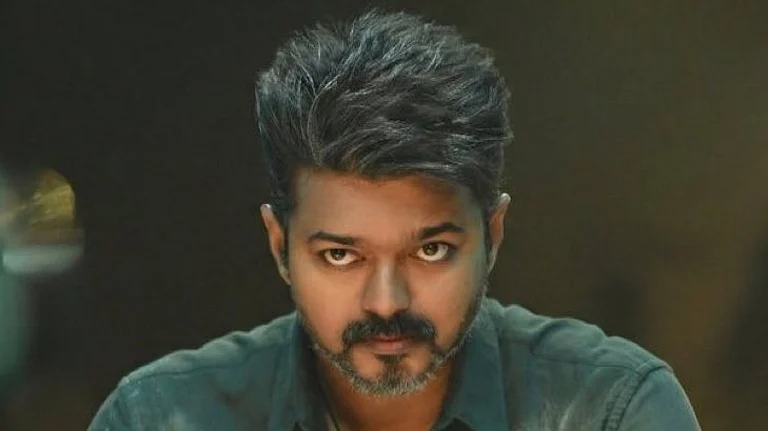Nothing, it seems, pleases Arun Kolatkar more than less. His latest collection, Kala Ghoda Poems, is an expression of form born of great economy of means. And a wonderful entity he makes of it, too. Most of it centres on a single place in Mumbai named after something no longer there. It’s a meeting point of six roads once dominated by a statue of Edward VII, Emperor of India. Bronze. Equestrian. Kala Ghoda. The statue has gone but we still call it that. The linkages Kolatkar constructs are of the city here and now—a lamentation sometimes, but always a transforming observation.
Virtually all the 28 poems are sequences of "triads", verses of three lines. At no point does form hinder meaning or music. The very first poem gives a sense of what awaits us. A reflection from the dead centre of a traffic island, it’s in the first person. The narrator is musing with "...my lower jaw at rest on my front paws." It’s a shame the title, Pi-Dog, gives the point away, or the surprise of the 18th line would have been intense.
After his Jejuri, a book unmistakable about its originating geography, Maharashtra and Marathi, he now takes another step towards being universal by being local and true.
"...Your sari wears a grin/where your buttocks have sucked it in."
"Which sets us all back by a good ten seconds.
It isn’t just your sari,
It’s time itself that feels the pinch."
The governor laying a foundation stone and India’s new rocket launch, all delayed until "Time unpuckers when you smooth your behind."
In Kala Ghoda Poems, Kolatkar grinds out a style as strict as a prism in which we see the shades and shapes of the world. He is bidding to become the Cavafy of Colaba. He looks outward from under the stern eye of David Sassoon, who adorns the facade of the library that carries his name:
"And I find myself a prisoner once again,
posthumously,
wearing a stone collar around my neck,
in Bombay instead of Baghdad,
with no hope this time
of ransom or rescue,
and forced to watch
the slow disintegration of a city
I cared about more than any other."
In the magical Breakfast Time at Kala Ghoda, the clock outside Lund & Blockley gazes out at everything from Tokyo to Juliana Quispe in Peru and from that, somehow, grows a poem of Leja of Gora Kalvaria, Poland. It’s one of the few poems not strictly set around Kala Ghoda. The sky was "full of angels in dive bombers." A loaf blows up her father’s bread factory, hurls her to the ground and she wakes up in bed,
"unable to recognise her own
one-room apartment in Baniocha, near Warsaw,
where she’s the only Jew left.
She stares at the matzos on the table,
freckled
like her own 90-year-old skin,
and wonders where they came from;
and what happened
to everybody."
Kala Ghoda is a brilliant production job. The cover is a painterly photo of the children’s game played out on squares drawn on the city’s pavements, bestrewn with petals of Rusty Copper Shield flowers. The inside layouts are clues to Kolatkar’s fine arts director and designer background. Pras Prakashan are to be congratulated.


























